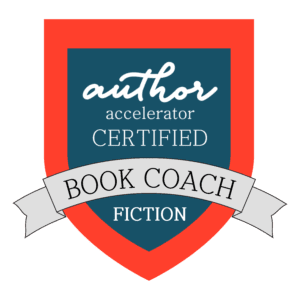What does it mean to feel whole? –
On Day #3 I wrote about how my creativity group had the assignment to write about our brokenness. Today’s assignment was to write about what wholeness means to us. My meandering thoughts:
Reclaiming lost parts, parts I may have wanted but felt weren’t acceptable, parts squeezed out by other people like husbands, parts I didn’t know how to use or become.
Removing parts that no longer fit, are not longer relevant, never really belonged in the first place; being able to let go of definitions of me that weren’t me.
Gathering together fragmented parts…a puzzle broken apart, then the pieces brought back together…all the demands of life that scatter the pieces of ourselves. Those pieces aren’t lost – they’re still in sight but too often out of reach because the jobs are in the way or the demands of caring for young children or the need to keep interrupting what you want to focus on to go to a bazillion medical appointments instead. Being pulled in so many directions by multitasking…each direction creates another aspect of fragmentation.
In 1976 Adrienne Rich saved my mind by telling our writing seminar, when I was only 21, that a critical, undiscussed aspect of motherhood is fragmentation, the loss of focus that our brains are so used to but that becomes impossible once a baby demands everything. Many times six years later, after the birth of Alexis, as my head was spinning, as I failed yet again to be able to read a book or complete a coherent sentence, I remembered Adrienne’s advice. I held on for dear life…”My brain is not broken. This is the fragmentation she spoke of.” It helped me trust I wasn’t losing my mind.
Being whole in part is being able to hold onto the invisibly thin filaments that keep the fragmented parts of ourselves connected to our core after all the outside demands have sent them flying.
This is all terribly vague. But I feel low on energy and don’t feel like digging deeply enough to come up with specific examples, the kind of concrete images that would let this make more sense.
Being whole is calling home every good thing that was ostracized, broken away, that lived in the pretense of being unusable or irrelevant.
I remember being desperate for this wholeness, maybe in my 40s. There were too many interruptions, too many demands to make it happen. In my 50s it was more possible, once I was alone, but I was so tired, so worn down by my first marriage, still so busy with demanding jobs but with an essentially broken sense of self after that marriage. I put a lot of that back together in my late 50s/60s, though still I was so fragmented because of life demands, worries about financial survival, worries about it being too late to matter.
I have less fragmentation now. The job demands are only the ones I choose to create. The family demands are almost nonexistent, at least until the new baby arrives. My brain is still scattered, this time largely among all those things I wanted to do, to create, that had been stuck out there in the universe, tethered to me on those filaments. I’m beginning to examine them, one by one, and re-learn what they are.
I hadn’t thought about wholeness before this exercise. This gives me a new framework with which to approach what I had accepted as my inevitable scatter-brainedness.
Photo by Jeremy Perkins on Unsplash


